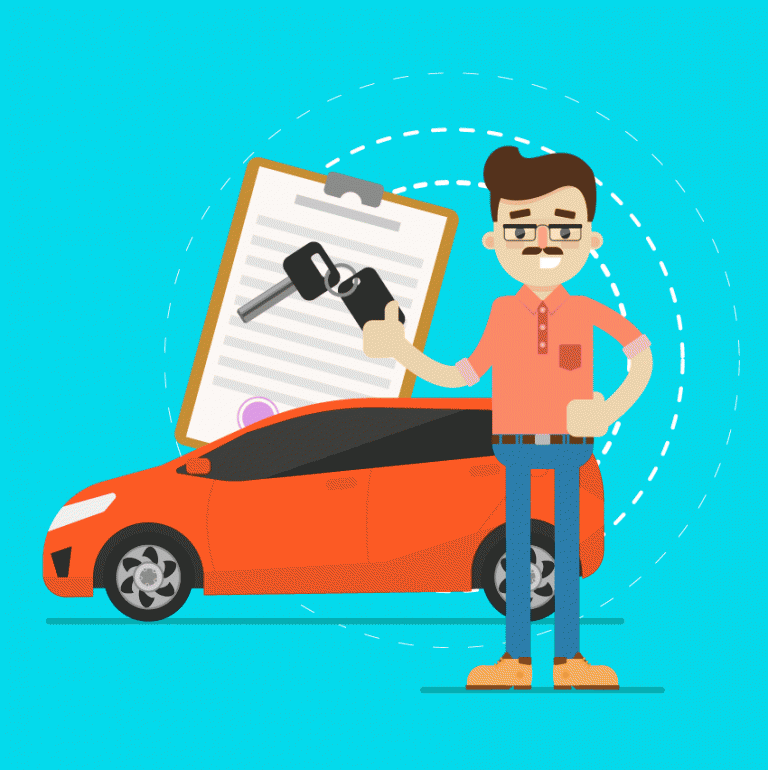Buying or Leasing A Car On The Cheap
My trusty Volvo wagon served our family well for 13 years, but after 106,000 miles it finally gave up the ghost. My wife just completed graduate school so we weren’t ready to commit to a new car payment. I rented a car at first, but at $500 a month, that soon got old.
Then I came across a concept new me: assuming someone else’s car lease. Initially I was skeptical, but after considerable research I took the plunge. It took many emails and phone calls and a month-long wait for the paperwork to clear, but I now have a one-year lease on a quality car whose monthly cost is about a third less than the stripped-down model I was renting.
With the caveat that car lease assumption is not right for everyone, here’s how the process works:
People need to get out of their car leases for a variety of reasons but it’s notoriously difficult to do so – you usually must pay the outstanding balance plus an early termination fee.
One way around this, if your finance company allows it, is to transfer the lease to another party for the remainder of its term. Many people use online lease assumption services like Swapalease.com and LeaseTrader.com. I went with Swapalease.com.
These companies match people wanting to unload their lease (think of them as “sellers”) with so-called “buyers” interested taking over the remainder of someone’s lease. Among the potential advantages for buyers:
- No down payment.
- You can secure a shorter-term lease.
- Sellers will generally offer or agree to financial incentives to unload their lease.
- Newer cars are usually still under warranty.
However, be aware of the many fees involved on both sides of the transaction:
- Sellers are charged a fee to advertise their vehicle on the websites (generally $50 to $150), and a transaction fee if a lease transfer is initiated ($100 to $150).
- Buyers pay a registration fee to obtain contact information for sellers (around $40 to $80). Some sites charge buyers a transaction fee as well.
- Buyers must file a credit application with the lender which can cost up to several hundred dollars; the fee typically isn’t refundable if the credit check deems you aren’t creditworthy.
- The leasing company itself will typically charge the buyer a lease transfer fee (typically $50 to $600).
A few additional suggestions and precautions:
- Inspect the car and note any damage. You may also want to have a mechanic inspect it.
- Ask whether the lender will remove the seller’s name from the lease – some won’t.
- During negotiations, ask the seller to pay the application and lease transfer fees. It doesn’t hurt to ask and you’re still saving them a ton of money.
- Don’t expect a lot of customer service from the swapping website.
- Make sure there’s enough mileage left on the lease to suit your needs.
- You’ll have to pay DMV registration fees and sales tax may apply.
- Your insurance company will need to provide the leasing company with evidence that you have adequate coverage.
- Know that it can take several weeks or more for the transaction to fully close. For me, that meant an extra month’s rental.
All in all, if you’re flexible about what kind of car you’re willing to drive and not in a big hurry, assuming someone else’s lease can be a viable option. Just make sure to do your due diligence.
Article courtesy of Visa Financial by Jason Alderman.

